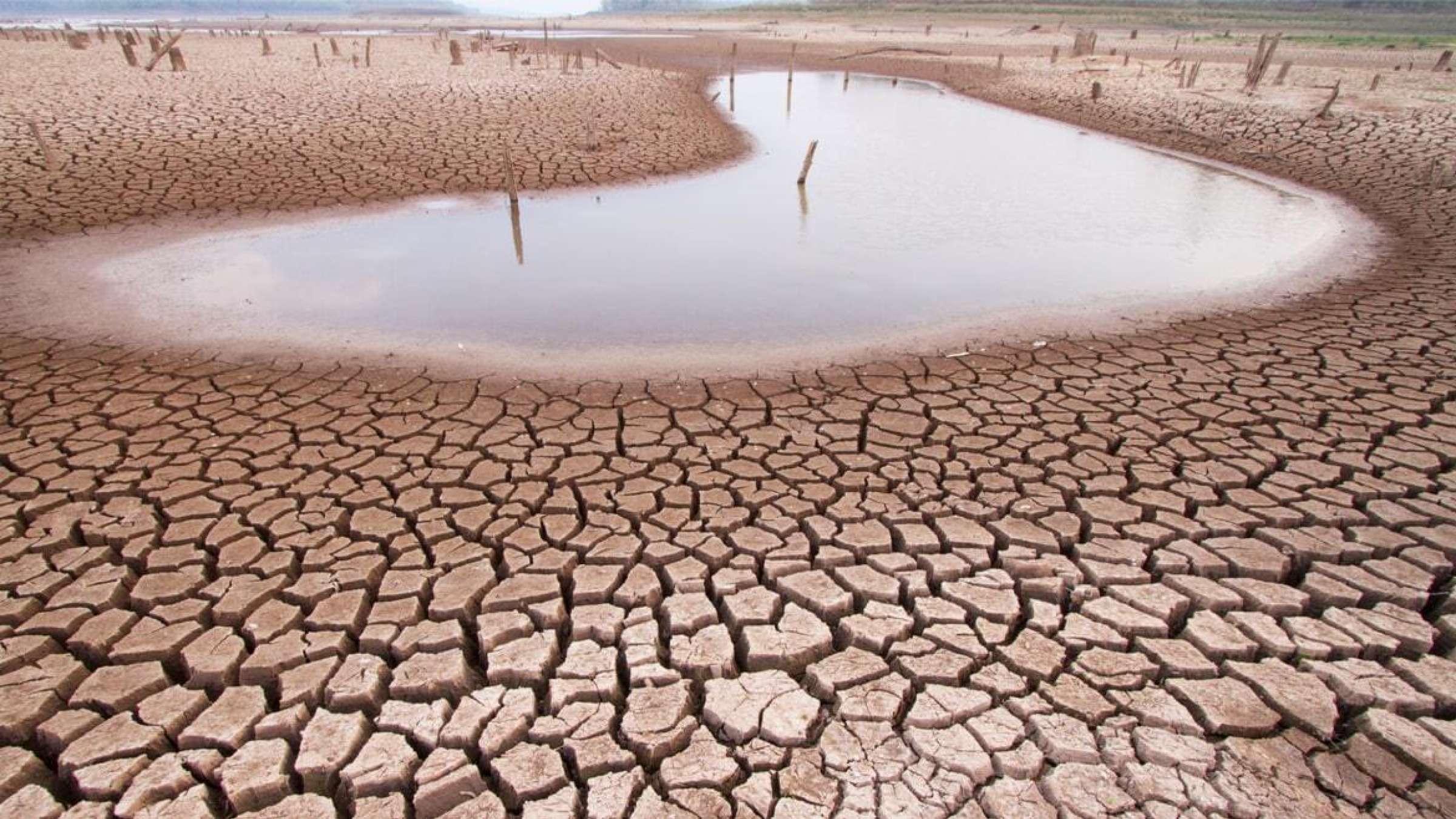Climate Change Takes Toll on 62 Million Nigerians, says CAPPA leader

By Faridat Salifu
Executive Director of Corporate Accountability and Public Participation Africa (CAPPA), Mr. Akinbode Oluwafemi, has expressed concerns about the impact of climate change on 62 million Nigerians who are mostly resident in the northern region of the country.
He said this in Abuja at the start of the second national conference on climate change, themed “Creating an Agenda for Sustainable Climate Finance For climate”.
Mr. Akinbode noted that approximately 580,841 square kilometers out of the total 927,892 square kilometers of Nigeria’s land mass has been affected by desertification.
He identified some of the factors contributing to desertification to include climatic fluctuations, deforestation, extensive cultivation, overgrazing, marginal land use, bushfires, firewood harvesting, faulty irrigation systems, and urbanization.
The CAPPA team leader said the plight of the affected population underscores the urgent need for sustainable climate finance in Nigeria.
He said Nigeria’s climate finance does not adequately reflect the country’s vulnerability to climate change, adding that efforts in adaptation and mitigation have not been significantly scaled up to address the realities of the situation.
Oluwafemi noted that Nigeria heavily relies on concessional and non-concessional debt for climate finance, accounting for 46% and 25% respectively.
He noted that the grant and equity-based finance in Nigeria play a minimal role, representing only 5% and 12% respectively, and that unlike other countries in sub-Saharan Africa, it is considered vulnerable due to its exposure to climate risks.
Oluwafemi cautioned that the impacts of climate change will continue to worsen in the coming years unless progressive climate finance measures and a well-structured funding mechanism for loss and damage are established and effectively managed.
Emphasising the importance of establishing a new source of finance to effectively address climate risks and reduce greenhouse gas emissions in Nigeria, he said developed countries have consistently failed to meet their climate commitments, using climate funds as tools for power dynamics, global influence, and self-serving negotiations.
Oluwafemi further stated that the impacts of climate change are evident even to the most casual observers in Nigeria, and the drivers behind these impacts are well known.
He highlighted that frontline communities bear the consequences of actions they are not responsible for, while those responsible for the climate crisis evade their liabilities, delay response efforts, and undermine calls for appropriate compensation.
The two-day conference aims to address this issue and establish an agenda for effectively managing climate finance to mitigate the impacts of climate change and support sustainable development in the country.
